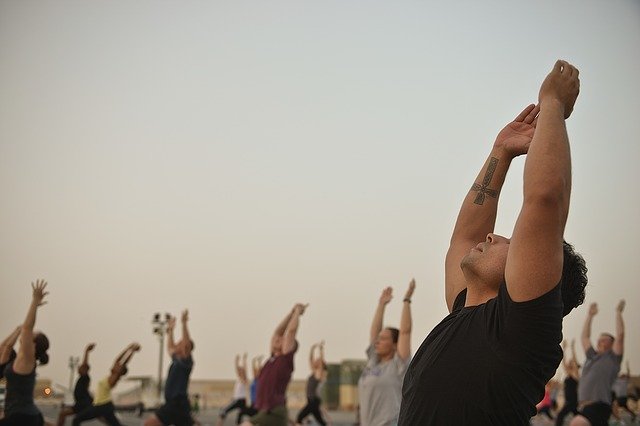- “I don’t have time, and I don’t know how.”
Even short stints of meditation can be transformative. Just five minutes a day can yield noticeable results, including stress reduction and increased focus. Start by carving out time each day. Sit comfortably in a quiet space, on the floor, on cushions, or on a chair, with your spine erect but not strained or overarched. If necessary, lie down—you don’t have to sit. Close your eyes and take a few deep breaths, feeling the air as it enters your nostrils, fills your chest and abdomen, and releases. Then let your attention rest on your natural rhythm of breathing. If your mind wanders, don’t be concerned. Notice whatever has captured your attention, then let go of those thoughts or feelings and return your awareness to your breath. If you practice like this for a dedicated period each day, you’ll eventually be able to call on mindfulness in any situation. 
- “I’m not doing it ‘right.”
“There is really and truly no one ‘right way’ to practice. It is best to encounter each moment with freshness. We look deeply into it, and then we let go into the next moment, not holding to the last one. There is much to be seen and understood along this path, but it can’t be forced. It is best to hold to and honor one’s own direct experience, and not worry too much about whether this is what you are supposed to feel or see or think about. If you practice this kind of trust in the face of insecurity and the strong habit of wanting some authority to anoint your experience with his/her blessing, you will find that something of a deepening nature does happen along the path.”
- “My mind is too scattered … I won’t get anything out of it.”
Let go of preconceived notions and expectations. Expectations lead to emotions that act as blocks and distractions—so try not to have any. “Don’t expect to experience bliss. Don’t even expect to feel better. Just say, ‘I’m going to dedicate the next 5 to 20 minutes to meditation.’” During meditation, as feelings arise—annoyance, boredom, even happiness—let go of them because they’re distractors from the present moment. “You’re becoming attached to that emotional feeling whether it’s positive or negative. The idea is to stay neutral, objective.” Simply return to the changing sensations of your breath and realize that awareness of your busy mind is part of the practice.
- “I don’t have enough discipline to stick with it.”
Make meditation a part of your routine, like showering or brushing your teeth. Still, life situations sometimes get in the way. When lapses of a week or more occur, make the effort to continue with it regularly afterward. In the first few days, it may (or may not) be more difficult to meditate. Just as you don’t expect to run 10 miles after a long hiatus in your jogging routine, don’t come to meditation with expectations